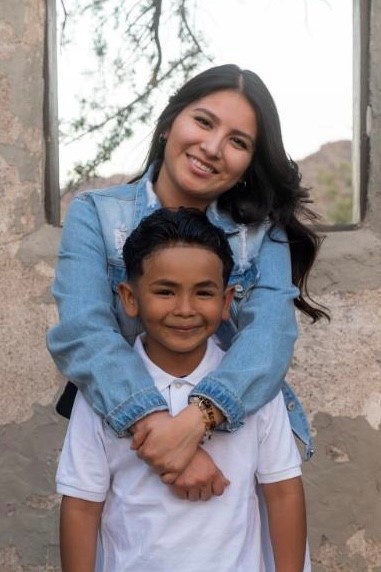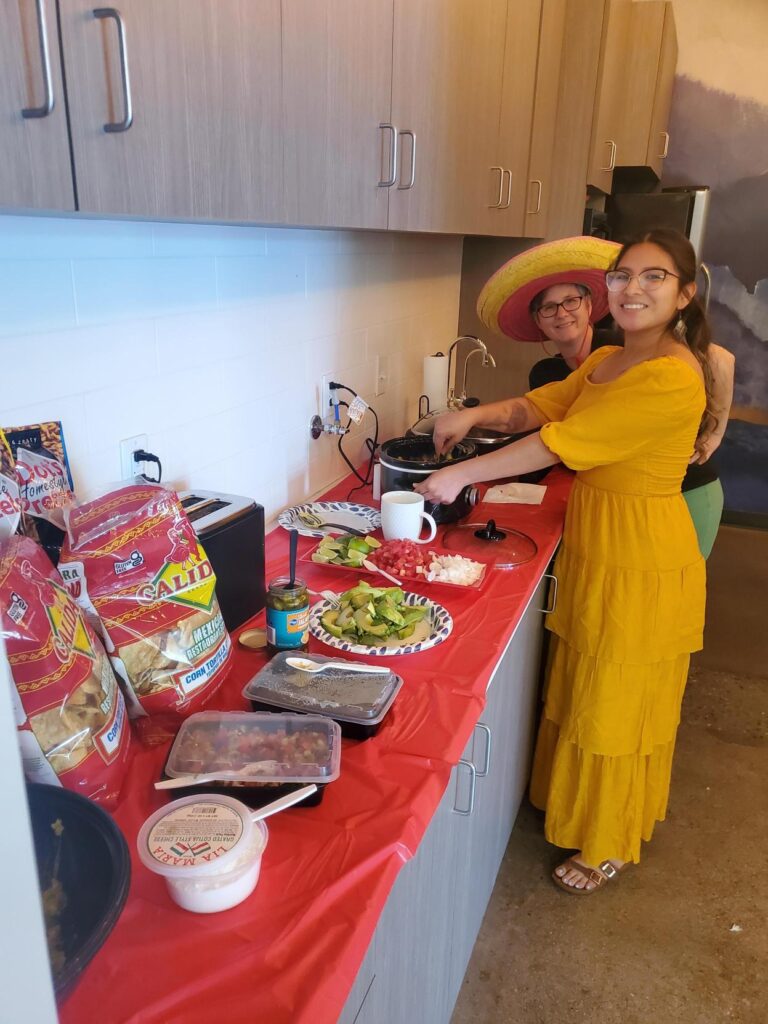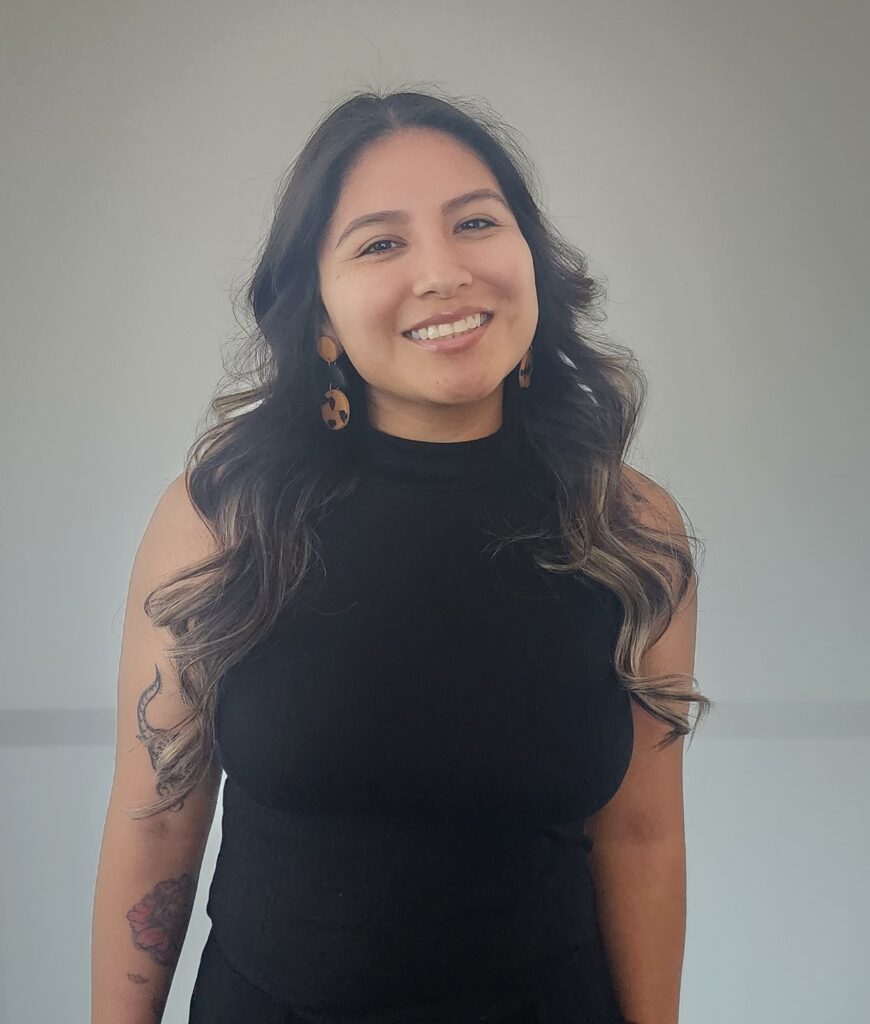By Cierra George (Navajo)
Our ancestors taught us there’s no better medicine than traditional/natural herbs with ceremonies and that nobody can heal you better than a dedicated medicine man. In a cultural aspect, going to a hospital and having a White man provide you healthcare as a Native patient can be difficult to accept.
Times have changed and as we speak out more about our mistreatments and past differences, it’s important we all appreciate the opportunity to receive care. Not just with receiving care but also having equality in the work environment, whether you’re an out-of-town traveler or full-time Indigenous employee. All these changes can be positive and hopefully inspire youth within our communities to become healthcare professionals.

Mistreatment from Healthcare Providers
When you’ve grown up on a reservation and receive care there, you’re not always aware of how you should be treated as a patient. Sometimes people are too afraid to speak up and report these types of mistreatments. Especially in small towns where you’re most likely going to be a patient again.
As a patient of IHS, I was admitted for extreme abdominal pain. Of course, they did all the required tests. They had to call in a gynecologist to speak to me. Now, this is where it gets personal and a bit embarrassing. She asked the usual questions, but it wasn’t what she asked, it was how she delivered it to me and almost made me feel ashamed of my answers. All the while she was speaking to me by the door with the curtain wide open. At the end of her questionnaire, she said I might have an ectopic pregnancy, but she was going to send me to a different hospital because they didn’t have the correct equipment to test further.
Ectopic pregnancy?! Even as an adult, you need compassion and assurance you are being taken care of. I received no empathy from her. She’s a doctor, I thought, What she’s saying must be true. It was a quick 5-minute conversation that left me scared and nervous. Now, this was just a scare and wasn’t anything major – thankfully! However, this experience is just one of many horrible experiences I’ve had receiving care from an IHS facility.
Professionalism in the Workplace
Now, this is a topic I feel is very important to get across to everyone working in communities where everyone is considered family, whether by blood or clan. It’s easier to put blame on those who are not of our people. You see this a lot going to IHS facilities. Travelers, who are on assignment, come to provide care and make a difference not to but FOR our communities. We as Indigenous people need to be welcoming and encouraging of other people around us, willing to work in our underserved communities. This makes a better environment and gives our future children not only proper care but an opportunity for education and inspiration.

And for those coming to our Indigenous communities, you must be aware of our culture: how we heal, how we practice medicine and prayer. Be open to learning about us and maybe even learn a few words in our language. At the end of the day, we are all here to make a difference in the work we do!
Inspiring Our Youth
Growing up on the reservation, I never knew there was such a thing as being a travel nurse. If I had known, I’d probably be in a different career by now!
Being compassionate is showing care for others, which includes sharing your passion for what you do. You can do this by starting small talk with your patients – especially those who are young and easily influenced.
I’ve had my fair share of negative interactions with providers but the ones that impacted me the most were the nurses/doctors who asked what I wanted to be when I grew up or asked what my interests were and followed up with encouragement or experiences. Indigenous families don’t always encourage their kids to get higher education so it’s nice to hear all the opportunities our land has to offer us!
Fighting the Same Battles
Working with Tribal Health has been an amazing experience. Being able to be a part of staffing these providers and sending them to our facilities is my way of giving back to my community. We are only a portion of making a difference. Those who are on the frontlines are the real game changers and it truly is up to you to provide the greatest care and do it with compassion.
So I ask of you, always walk in the room and treat each patient with professionalism and dignity. Treat your coworkers with respect and integrity. When it comes to work, you are all fighting the same battles. When coming to our Indigenous communities, always have an open mind and humble heart. Lastly, encourage our youth. Ask questions, tell stories whenever you get the chance. You never know who is listening.



3 Responses
Beautifully said Cierra! I agree with all of what you said. I have experienced the same issues when receiving care at an IHS facility. I appreciate non-natives coming to our land and taking care of our health needs but it’s not a good feeling when they treat us with rudeness and being unprofessional. The worst experience I had was when a non-native health professional left me feeling less than them because I was native american. I think knowledge and understanding of our culture and beliefs would be good and also interacting with community events. Thank you for speaking up on behalf of the navajo people. Natives believe we should always walk in beauty I think we ALL should walk in Beauty with a compassionate and humble heart. Thank you.
Thank you, Cierra, for sharing such a powerful perspective on the challenges faced by Indigenous patients in healthcare. Your insights highlight the need for compassion, understanding, and cultural sensitivity among healthcare providers. It’s essential that we uplift our youth and foster a supportive environment within our communities. Your voice is a vital part of this important conversation.
Cierra’s perspective is crucial in highlighting the need for empathy, cultural sensitivity, and professionalism in healthcare. Her story reminds us that healing is not just about medical knowledge but also about treating patients with respect and understanding. Inspiring Indigenous youth to pursue healthcare careers is vital, as it can bring more cultural awareness and care to underserved communities. A few years ago, I was on a mission trip in Mexico, and I had the opportunity to share some physical therapy exercises with some youth. It was amazing to see them light up with interest in PT. Thank you for sharing this powerful message!